Creatine is a vital compound for muscle energy, used as a source of energy for the muscles, enhancing muscle contraction and overall metabolism. On the other hand, creatinine is a waste product that is filtered out of the body, and its levels in the blood can be used to measure kidney function. Gaspari Nutrition offers creatine supplements, which athletes and fitness enthusiasts use to boost muscle mass and improve exercise performance.
Creatine vs Creatinine Overview
- Creatine is a vital compound for muscle energy and performance enhancement, while creatinine is a waste product filtered by the kidneys.
- Creatine supplementation can increase muscular strength by 8% and weightlifting performance by 14%, offering benefits for muscle growth and athletic performance.
- Contrary to common myths, creatine supplementation does not cause kidney damage in healthy individuals and does not directly contribute to fat gain.
What Is Creatine?
Creatine is a compound derived from the amino acids arginine, glycine, and methionine. It is stored mainly in skeletal muscle as creatine phosphate. Creatine supplements are used to boost muscle mass, improve exercise performance, and enhance recovery. This makes it a popular choice for athletes and those who are into fitness.
How Does Creatine Work in the Body?
Creatine has a vital role in muscle metabolism, offering a steady energy source during intense physical activity. When you consume creatine supplements, they enhance the reserves of creatine phosphate in your muscle cells. In turn, this aids in the regeneration of adenosine triphosphate (ATP), the primary energy currency of the cell, during high-intensity activities. Boosting ATP levels enhances workout outcomes and promotes muscle growth.
Benefits of Creatine Supplementation
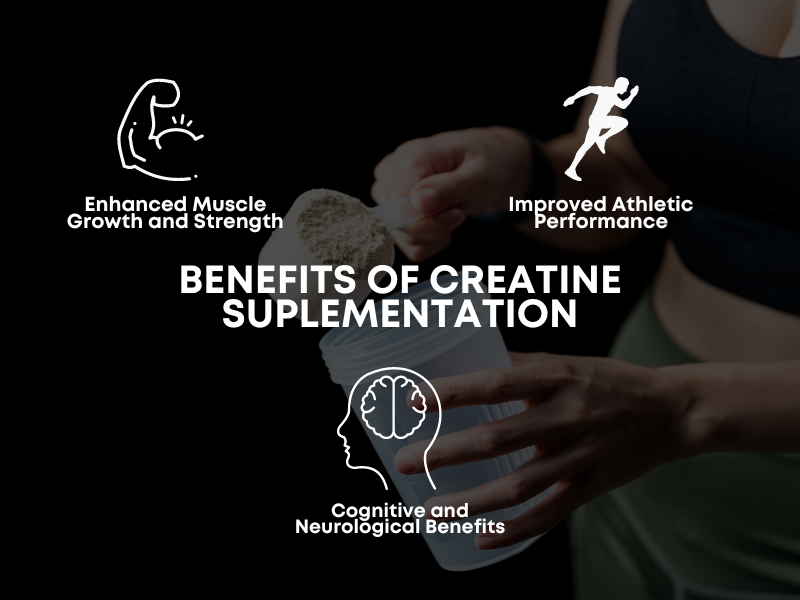
Enhanced Muscle Growth and Strength
Creatine supplementation has been shown to significantly boost muscle mass and strength. By increasing the stores of creatine phosphate in muscle cells, creatine enhances muscle contraction and overall muscle metabolism.
Improved Athletic Performance
Taking creatine supplements can improve exercise performance, particularly in high-intensity activities. Because creatine helps produce adenosine triphosphate, athletes can tolerate more intense physical activity and recover faster after workouts.
Cognitive and Neurological Benefits
Beyond physical performance, creatine may also improve cognitive and neurological benefits. Studies suggest that creatine supplementation may improve brain function, reduce the risk of neurological diseases, and support overall brain health.
Common Myths and Facts About Creatine
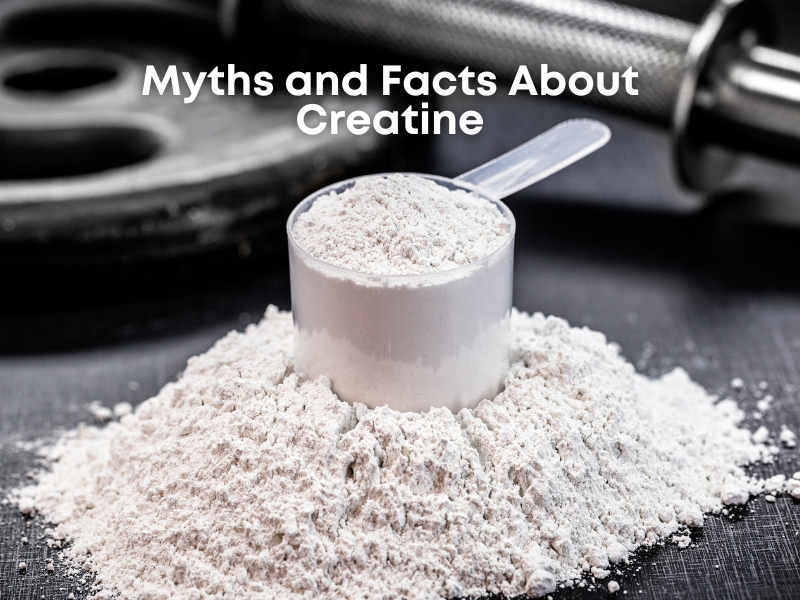
Does Creatine Cause Kidney Damage?
The misconception that creatine causes kidney damage arises from confusing creatine with creatinine. High serum creatinine levels can indicate kidney dysfunction, while high serum creatine levels do not. Research shows that taking creatine supplements, even at high doses, does not impair renal function in healthy individuals.
Creatine supplementation is generally safe, with studies indicating that doses of up to 10 grams daily for up to five years do not lead to kidney disease.
Is Weight Gain from Creatine Fat or Muscle?
A widespread misconception is that creatine supplementation contributes to fat gain. The truth is that weight gain occurs—due to enhanced muscle mass and water retention in muscle cells.
Research consistently demonstrates that creatine supplementation leads to increased muscle mass and strength, rather than fat gain.
Do You Need to Load or Cycle Creatine?
Loading or cycling creatine is not necessary to achieve its benefits. The idea of a loading phase, involving high doses of creatine for a short period followed by a maintenance dose, is suggested to quickly saturate muscle creatine stores.
However, a consistent daily intake of creatine without a loading phase is equally effective. There's also no need to cycle or take regular breaks from using creatine supplements.
How Is Creatinine Related to Creatine?
Creatine and creatinine are both involved in muscle metabolism. Creatine, stored in muscle cells as creatine phosphate, provides energy for muscle contraction. When used, it converts to creatinine, a byproduct filtered out by the kidneys.
So, while creatine supports muscle energy, creatinine levels can provide insights into kidney health.
Choosing the Right Supplement for Your Goals

When it comes to selecting a creatine supplement that aligns with your fitness goals, Gaspari Nutrition's offerings deserve special attention. Here's why:
- Uncompromising Quality: Gaspari Nutrition's creatine undergoes rigorous third-party testing, ensuring purity and safety. Certifications from respected organizations like NSF International provide peace of mind.
- Superior Absorption: Using a micronized supplement form, Gaspari's creatine monohydrate dissolves easily and may be absorbed more efficiently by your body, potentially enhancing its effectiveness.
- Trusted Brand: With over two decades of experience in sports nutrition, Gaspari Nutrition has built a reputation for producing high-quality supplements backed by scientific research.
By choosing Gaspari Nutrition's Creatine, you're investing in a scientifically-backed supplement designed to enhance your training results and support your fitness goals.
Frequently Asked Questions
Is creatine safe for long-term use?
Creatine is generally safe for long-term use when taken orally at appropriate doses, with studies supporting its safety for up to five years. Choose a product that follows recommended manufacturing practices and undergoes third-party testing.
What are the side effects of creatine?
Common side effects include weight gain due to increased water retention and muscle mass. Occasionally, muscle cramps and nausea are reported. To mitigate these effects, users might find it helpful to reduce their dosage and gradually increase it to the desired level.
How much water should I drink when taking creatine?
While specific guidelines on water intake are not established, it is generally recommended to stay well-hydrated. Adequate hydration supports kidney function and minimizes potential side effects such as muscle cramps.



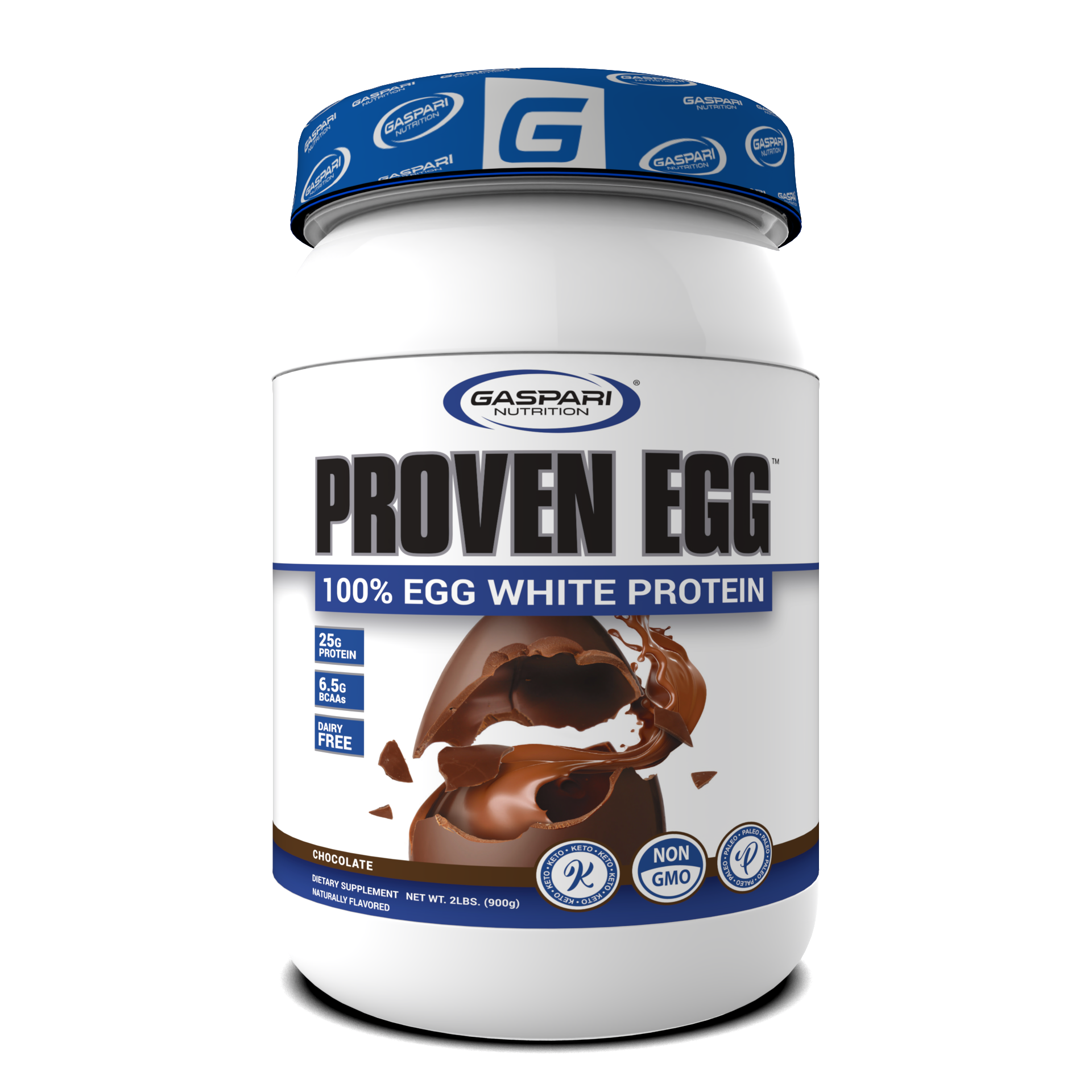



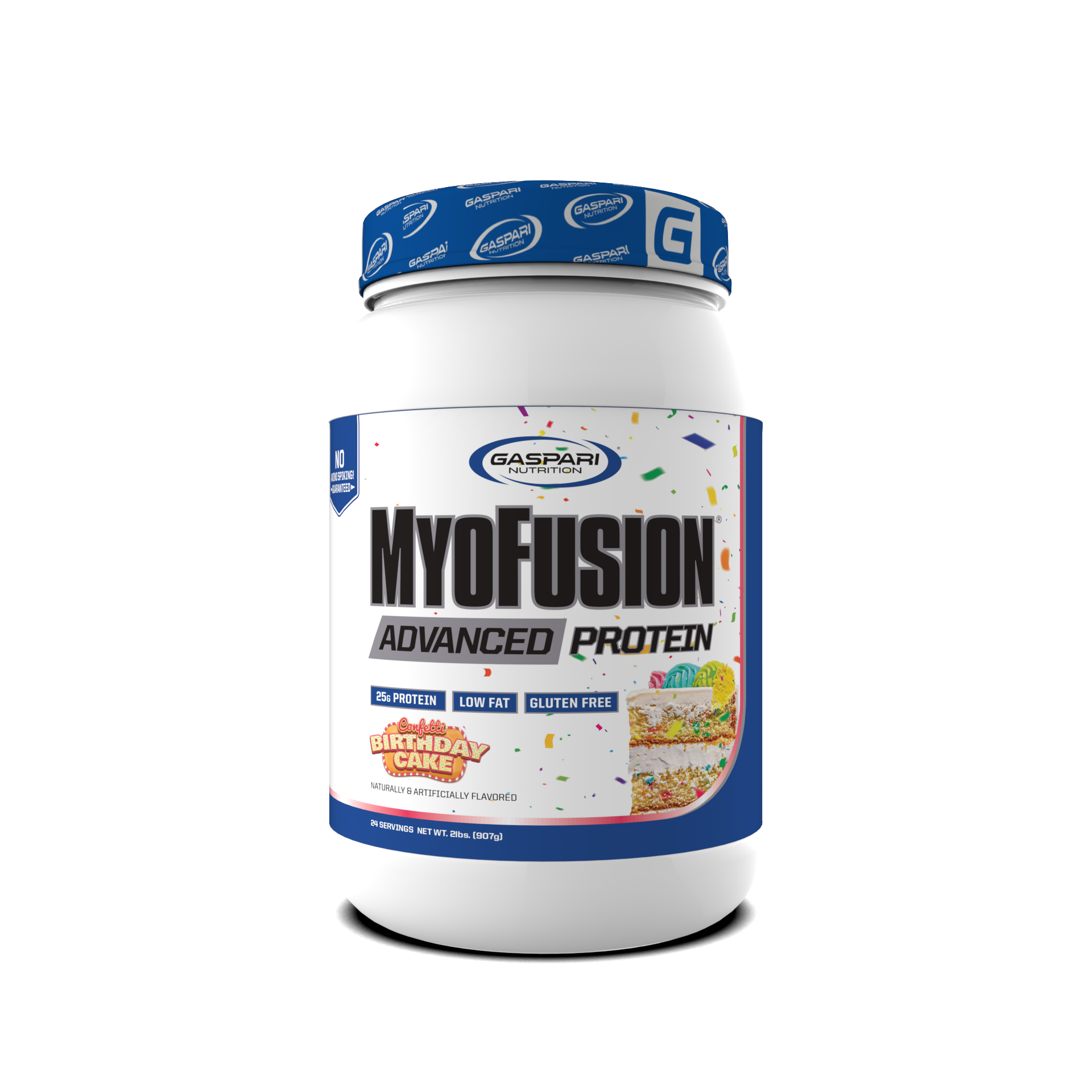



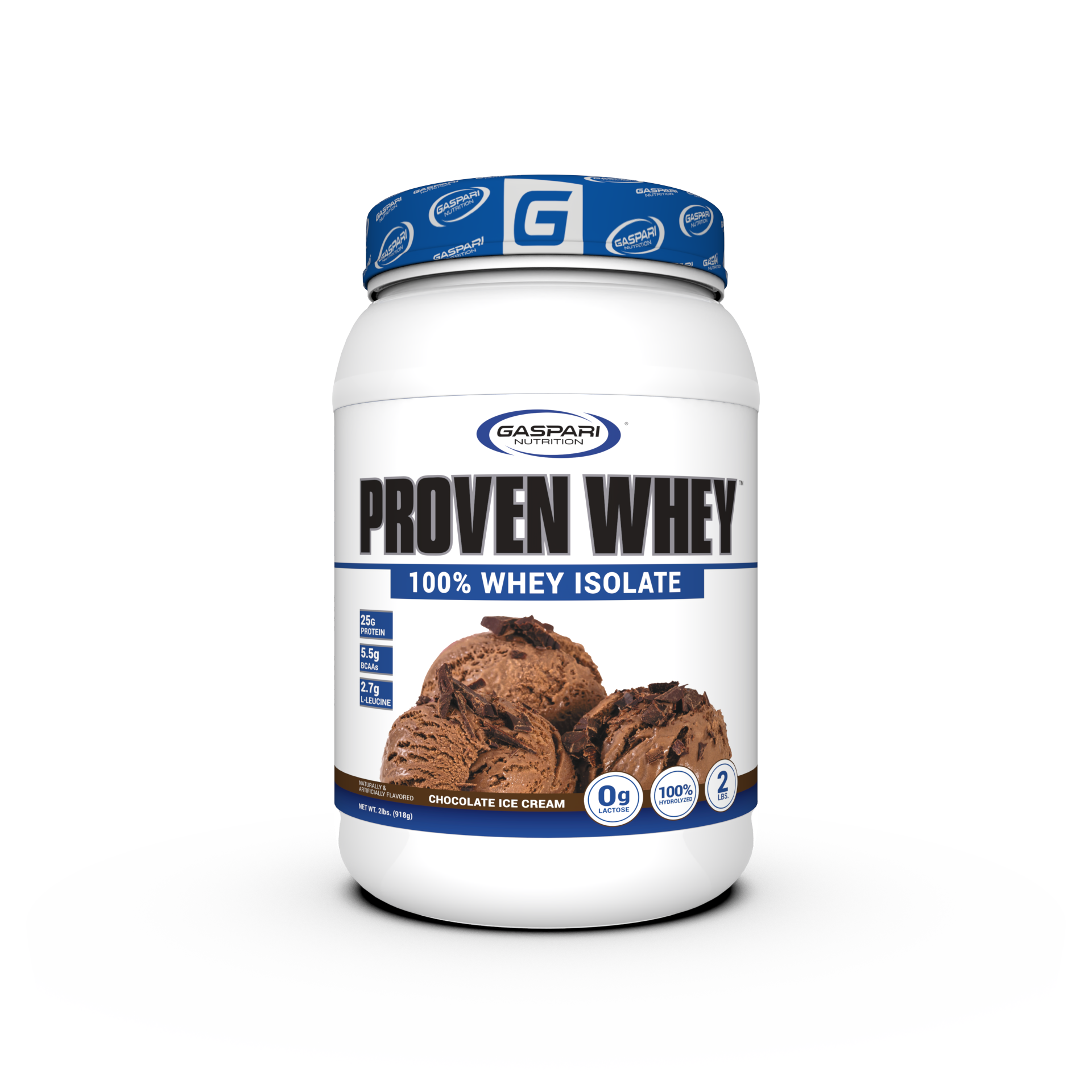




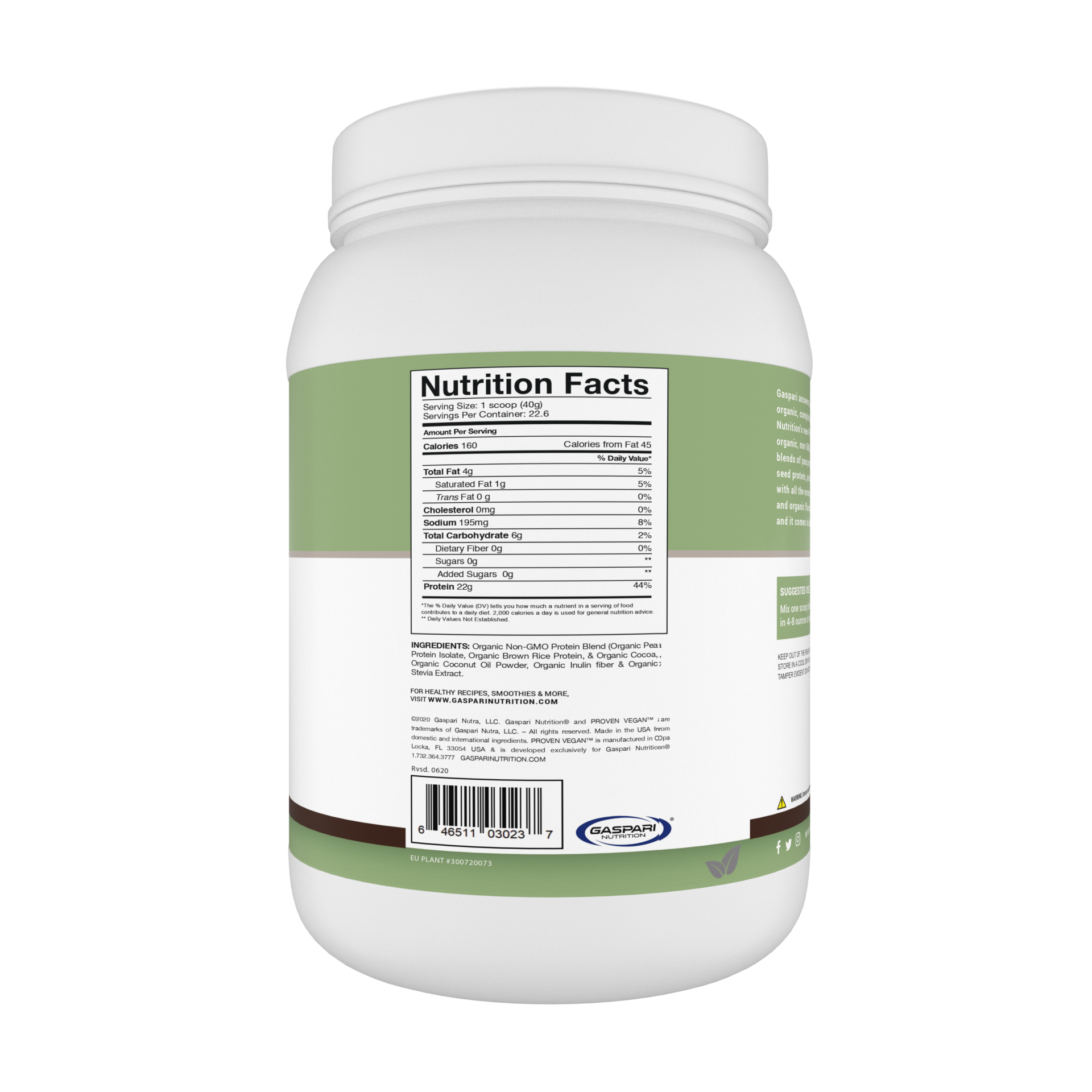






















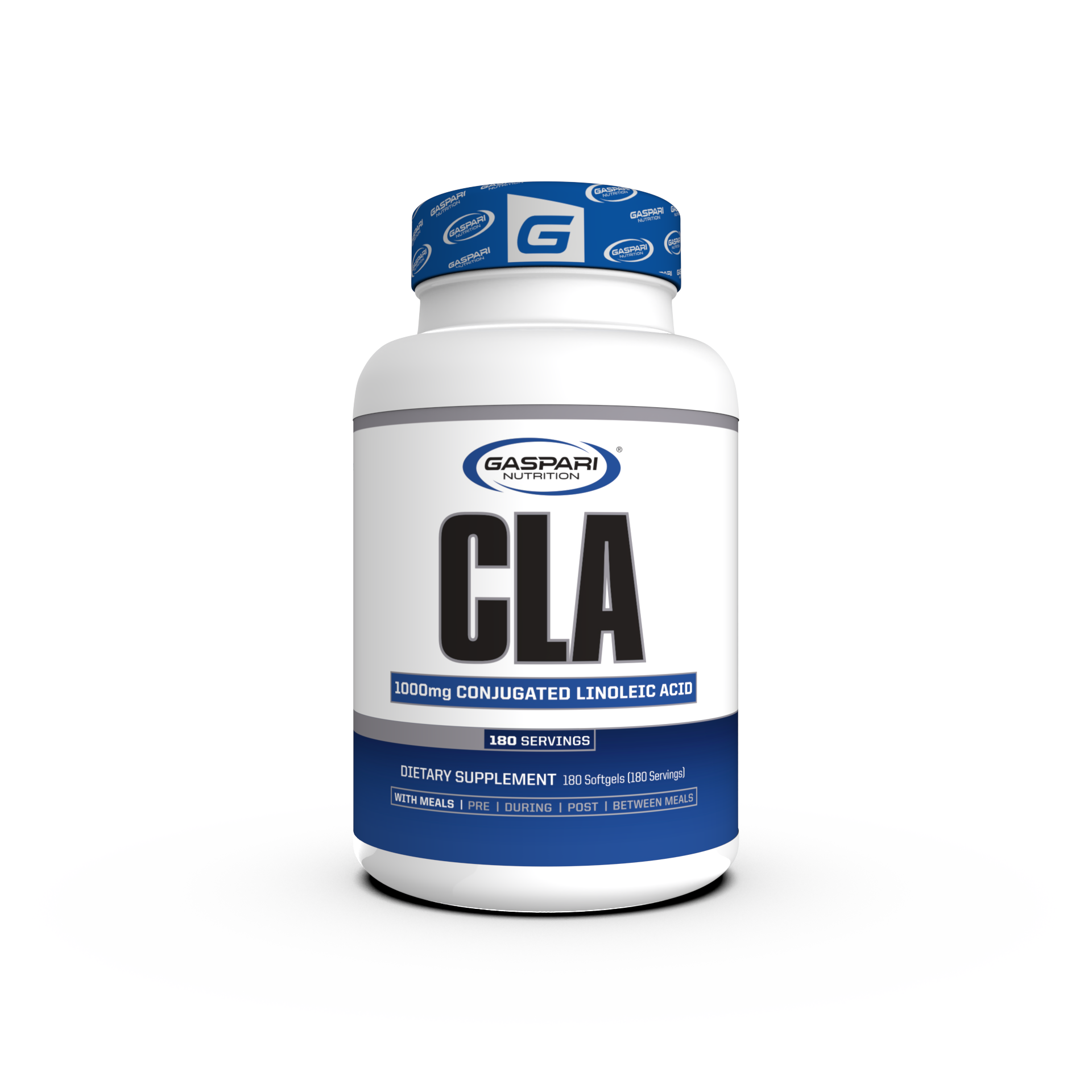



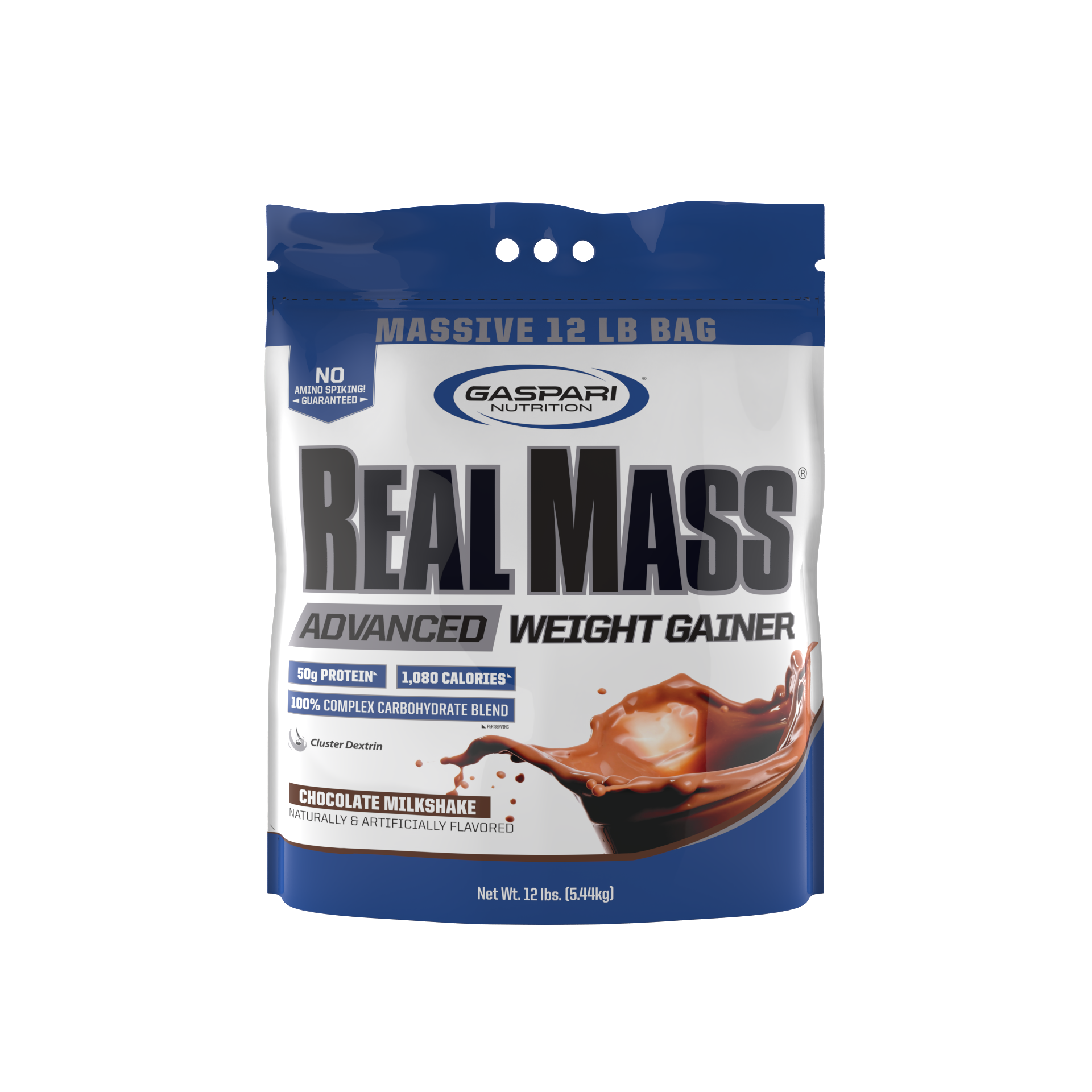











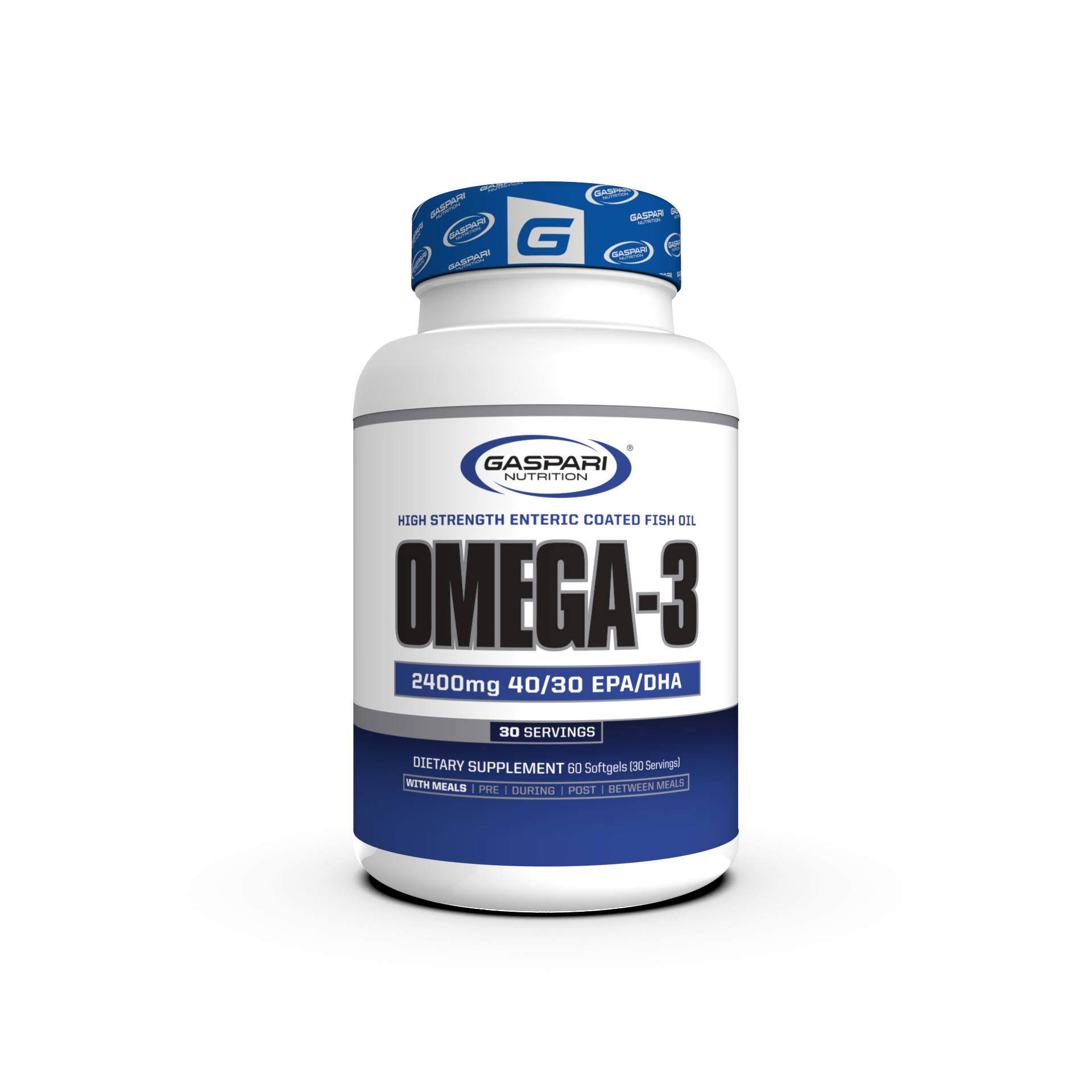



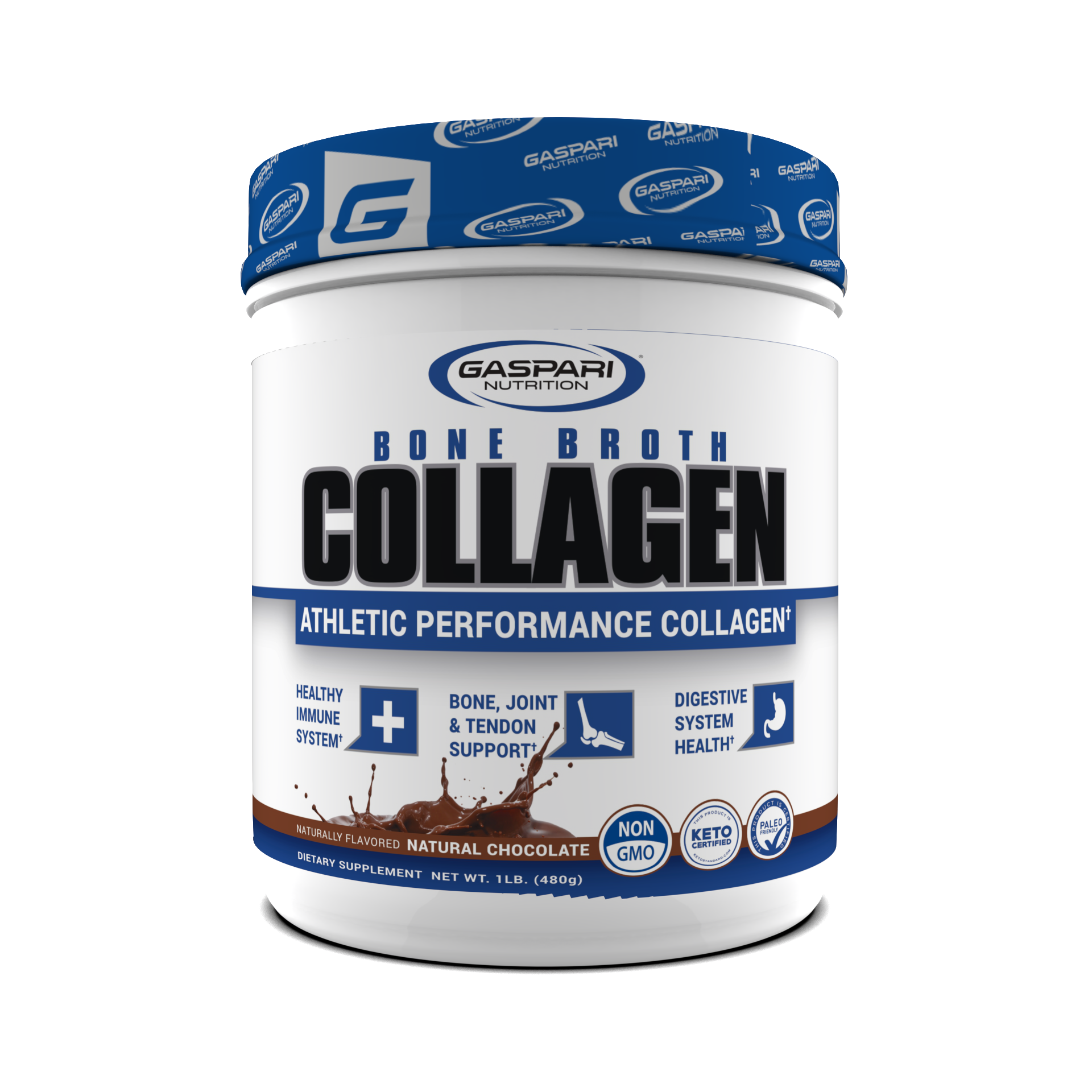



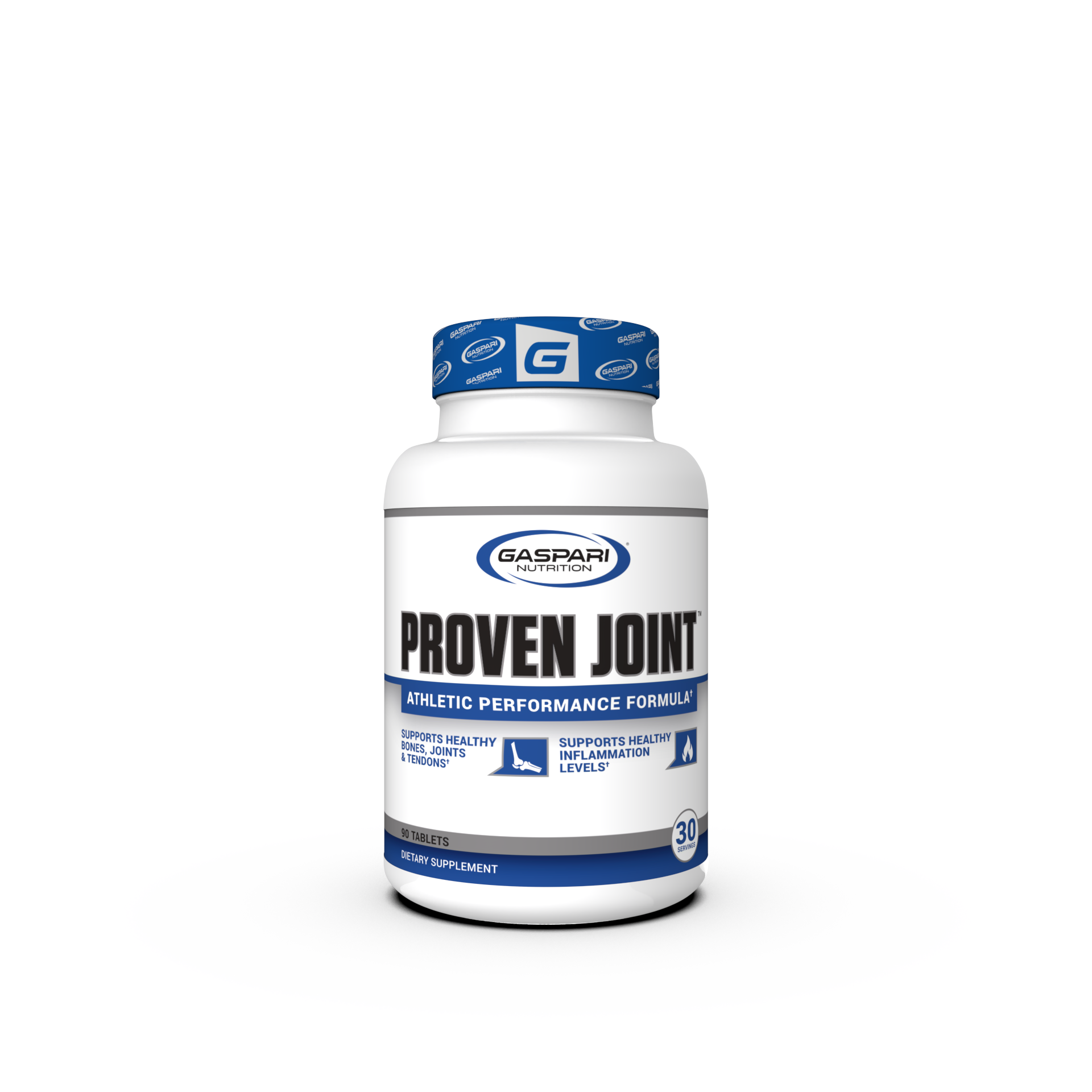











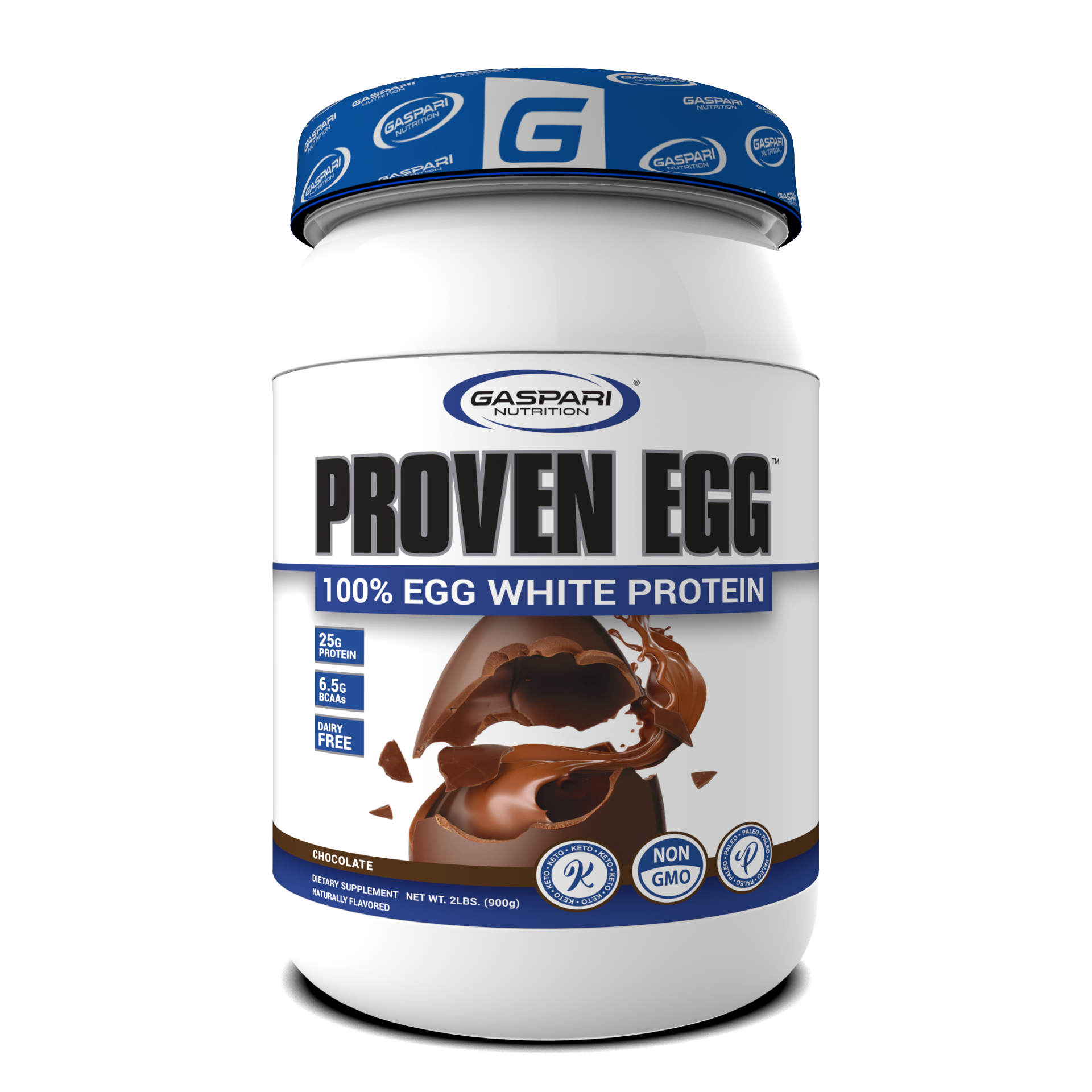

Share:
Will Bone Broth Break a Fast? What You Need to Know
How Do I Start Intermittent Fasting? A Beginner's Guide